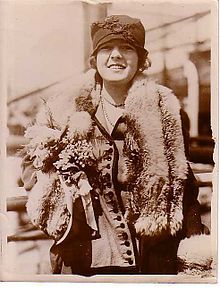
The Actors' Equity Association (AEA), commonly called Actors' Equity or simply Equity, is an American labor union representing those who work in live theatrical performance. Performers appearing in live stage productions without a book or through-storyline may be represented by the American Guild of Variety Artists (AGVA). The AEA works to negotiate quality living conditions, livable wages, and benefits for performers and stage managers. A theater or production that is not produced and performed by AEA members may be called "non-Equity".
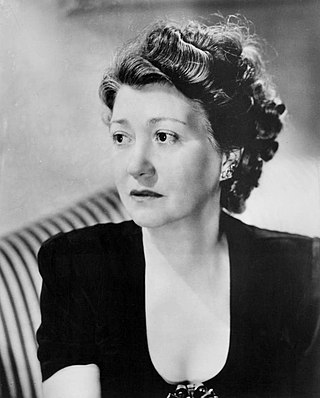
Fay Okell Bainter was an American film and stage actress. She won the Academy Award for Best Supporting Actress for Jezebel (1938) and has a star on the Hollywood Walk of Fame.

Marie Josephine Hull was an American stage and film actress who also was a director of plays. She had a successful 50-year career on stage while taking some of her better known roles to film. She won an Academy Award for Best Supporting Actress for the movie Harvey (1950), a role she originally played on the Broadway stage. She was sometimes credited as Josephine Sherwood.
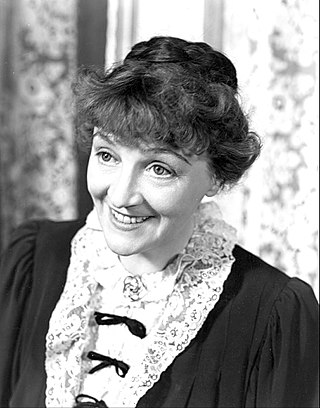
Eileen Cecilia "Patricia" Collinge was an Irish-American actress and writer. She was best known for her stage appearances, as well as her roles in the films The Little Foxes (1941) and Shadow of a Doubt (1943). She was nominated for an Academy Award and won a NBR Award for The Little Foxes.

John Halliday was an American actor of stage and screen, who often played suave aristocrats and foreigners.

Carmel Myers was an American actress who achieved her greatest successes in silent film.

Margaret Lorraine "Margalo" Gillmore was an English-born American actress who had a long career as a stage actress on Broadway. She also appeared in films and TV series, mostly in the 1950s and early 1960s.
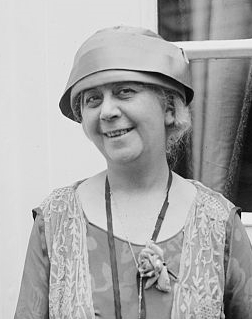
Louise Closser Hale was an American actress, playwright and novelist.
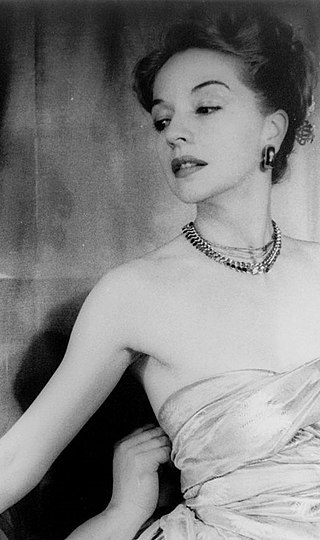
Ruth Ford was an American actress and model. Her brother was the bohemian surrealist Charles Henri Ford. Their parents owned or managed hotels in the American South, and the family regularly moved.
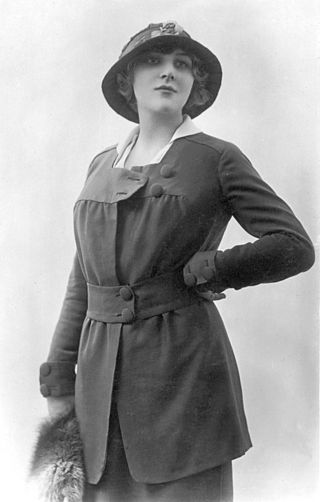
Isobel Elsom was an English film, theatre, and television actress. She was often cast as aristocrats or upper-class women.

Edith Atwater was an American stage, film, and television actress.

Verree Teasdale was an American actress born in Spokane, Washington.
Rose Gregorio is an American actress. She began her career appearing mostly in theatre in Chicago and New York City during the 1950s and 1960s. During the 1970s she became more active in television and film, appearing mostly in supporting roles.
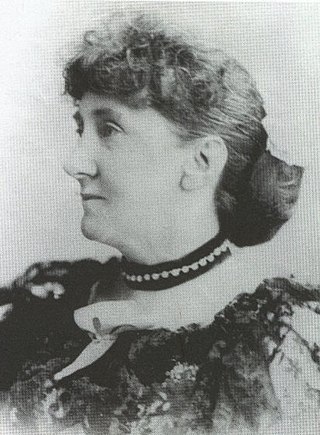
Sarah Thorne was a British actress and actress-manager of the 19th century who managed the Theatre Royal at Margate for many years. She ran a school for acting there which is widely regarded as Britain's first formal drama school. The Sarah Thorne Theatre Club in Broadstairs is named in her memory.

Frank Parker Gillmore was an American playwright and a stage and early film actor. He was a founder and former President of Actor's Equity.

Ruth Gloria Nelson was an American stage and film actress. She is known for her roles in films such as Wilson, A Tree Grows in Brooklyn, Humoresque, 3 Women, The Late Show and Awakenings. She was the wife of John Cromwell, with whom she acted on multiple occasions.
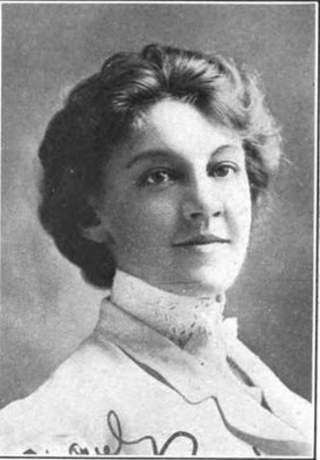
Amy Ricard was an American actress and suffragist.

Suzanne Caubet, also known as Suzanne Caubaye, was a French actress, singer, and writer.

May Buckley was an American actress on stage from childhood into the late 1930s, and in silent films in 1912-1913. Her private life was often in newspaper headlines, especially in 1901, when a man who claimed to be her husband shot at her in a hotel dining room, wounding one of her dining companions.
Ida Kramer (1877 or 1878 - October 14, 1930} was an American actress. When she died, she held the world record for consecutive performances in one play.
